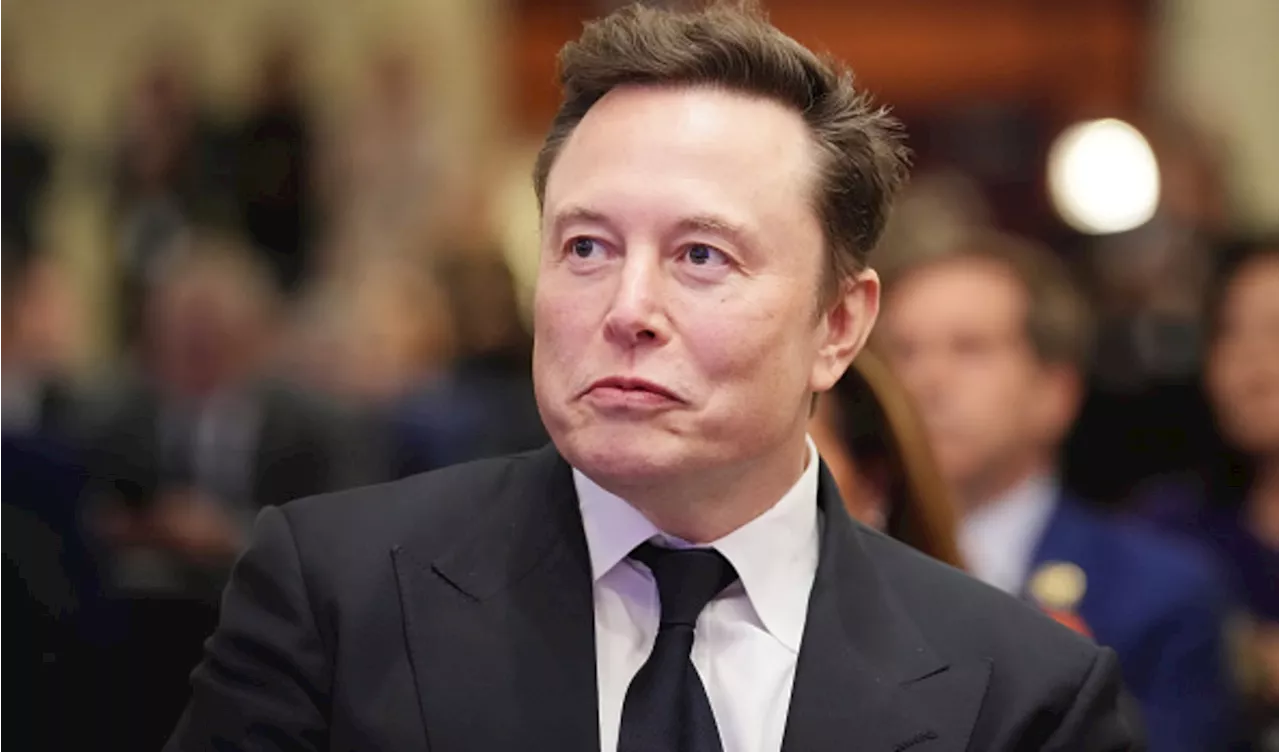Elon Musk's plan to host a livestream interview with Alice Weidel, the leader of Germany's far-right AfD party, has drawn heavy criticism from European politicians who fear it could influence the upcoming elections.
Elon Musk 's plan to host a chat with the leader of Germany 's far-right Alternative for Germany (AfD) party on X has enraged European politicians. Concerns have included Musk interfering with elections and providing the AfD with an advantage in the polls. Yet the livestream will not be breaking any laws, if the content of the interview is not illegal, Matthew Holman, a tech, privacy and AI partner at law firm Cripps told CNBC in emailed comments.
A portrait picture of Elon Musk photographed in Krakow, Poland on January 22nd, 2024 and X, former Twitter, logo are screened for illustration photo in Krakow, Poland on October 25, 2024. (Photo by Beata Zawrzel/NurPhoto via Getty Images) Elon Musk's plan to host a chat with the leader of the Alternative for Germany (AfD) party on his X social media platform has angered European politicians— but they'll struggle to stop him.The tech billionaire is set to speak on Thursday with Alice Weidel, head of the AfD — Germany's far-right party. It is currently polling second ahead of general elections on Feb. 23 on a platform that includes'defending freedom of speech,' tighter asylum laws, ending financial support for asylum seekers, and the reversal of planned restrictions on combustion engine cars among other points.Despite the party's classification as a'suspected extremist organization' by German domestic intelligence services — which it has tried to fight in court — Musk in December said that'only the AfD can save Germany,' and published an opinion piece in support of the party in a German newspaper.when asked about Musk's attack on himself and other politicians from the country, while German opposition leader Friedrich Merz called Musk's interference'intrusive and pretentious' when speaking to The outrage has crossed borders, with French President Emmanuel Macron also criticizing Musk and former European Commissioner Thierry Breton, saying the interview would give Weidel a'significant and valuable advantage.'Yet the livestream would not break any laws if the content of the interview is legal, Matthew Holman, a tech, privacy and AI partner at law firm Cripps told CNBC in emailed comments, noting that it was'an important part of the expression of free speech in a healthy democratic system.' 'However, if it were the only interview that Musk conducted with German parties then, by failing to give equal prominence to all mainstream views or promoting one party in a polarising manner, it may be that lawmakers perceive X and Musk have negatively affected civic discourse and the electoral process in Germany by only interviewing the AfD or failing to have an effective third party real-time moderator,' Holman added.The European Union's Digital Services Act (DSA) — a wide-spanning piece of legislation that aims to regulate content on large online platforms, including X — states that platforms are responsible for assessing and mitigating risks to, among other things, civic discourse and electoral proceedings. European Commission spokesperson Thomas Regnier said in emailed comments that this included'the obligation to analyse and mitigate risks deriving from any preferential treatment or visibility given to content on a given platform, including Mr Musk's content on his own platform.' He added that the Commission will hold a roundtable on Jan. 24 to discuss risks ahead of the German election and will be joined by the German Digital Services Coordination and very large online platforms, including X. While there are currently only a few reports of X's algorithm pushing content from the AfD, there are many accounts of Musk's own posts being preferred, Simone Ruf, deputy head of the Center for User Rights at the Gesellschaft für Freiheitsrechte, a German advocacy organization for basic and human rights, told CNBC by email. 'If he uses this treatment to support the AfD via political statements and livestreams showcasing their candidate, this could easily violate the DSA,' she said., it is able to order interim measures to prevent damage for users.'This could potentially include disabling the recommendation algorithm of X until the federal election,' she suggested. It is, however, unclear if requests for such measures would succeed, and how they could play out in practice. German civil society initiative LobbyControl meanwhile argues that the interview could even be seen as an illegal party donation. The group notes that Musk has clearly stated that his goal is to boost the AfD and is using the resources of his platform toward that, with the interview likely being played out more widely that content from regular users of X. 'Therefore we can indeed speak of political advertising in this case, because the Platform X usually sells this kind of reach for a lot of money,' the group said in a, according to a CNBC translation. Electoral promotion through third parties is legally seen as a donation, and donations from countries outside of the EU are forbidden, LobbyControl flagged
Politics Elon Musk Afd Germany Elections Free Speech Digital Services Act European Union
United States Latest News, United States Headlines
Similar News:You can also read news stories similar to this one that we have collected from other news sources.
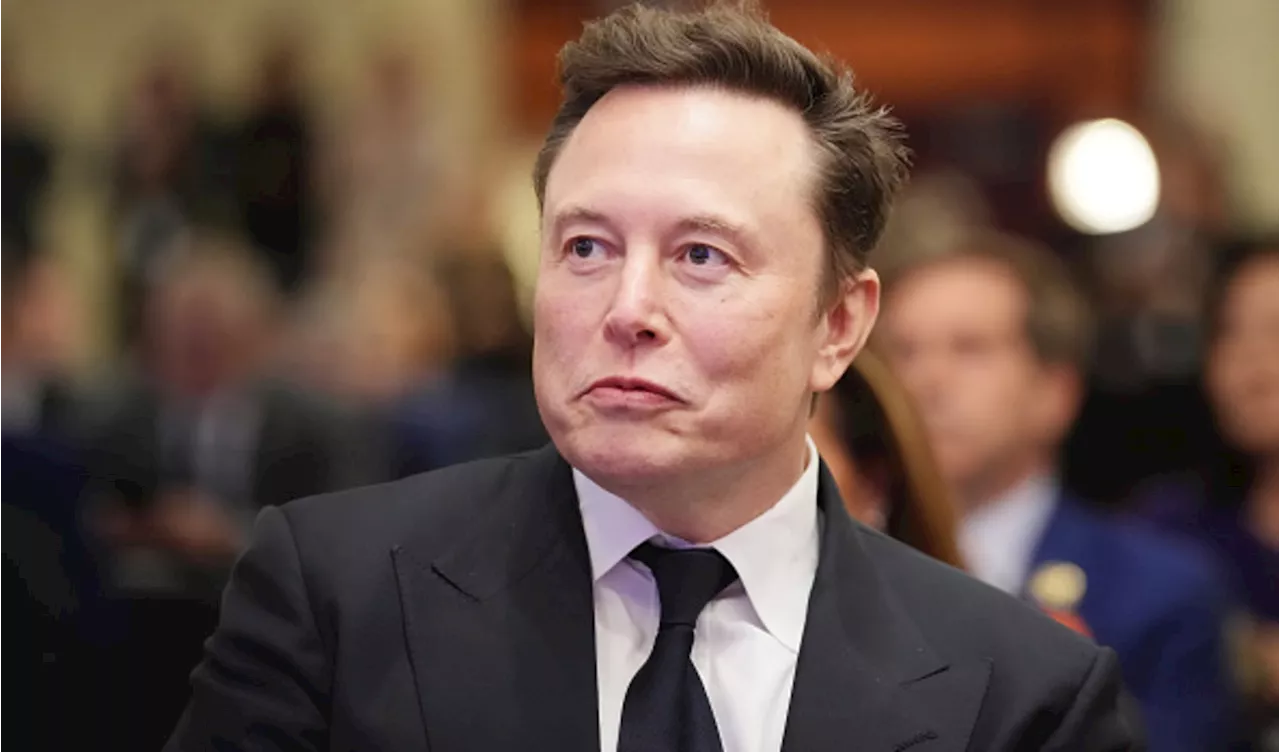 Musk's AfD Interview Sparks EU OutrageElon Musk's plan to interview the leader of Germany's far-right AfD party on X has drawn criticism from European politicians who fear it could influence the upcoming election.
Musk's AfD Interview Sparks EU OutrageElon Musk's plan to interview the leader of Germany's far-right AfD party on X has drawn criticism from European politicians who fear it could influence the upcoming election.
Read more »
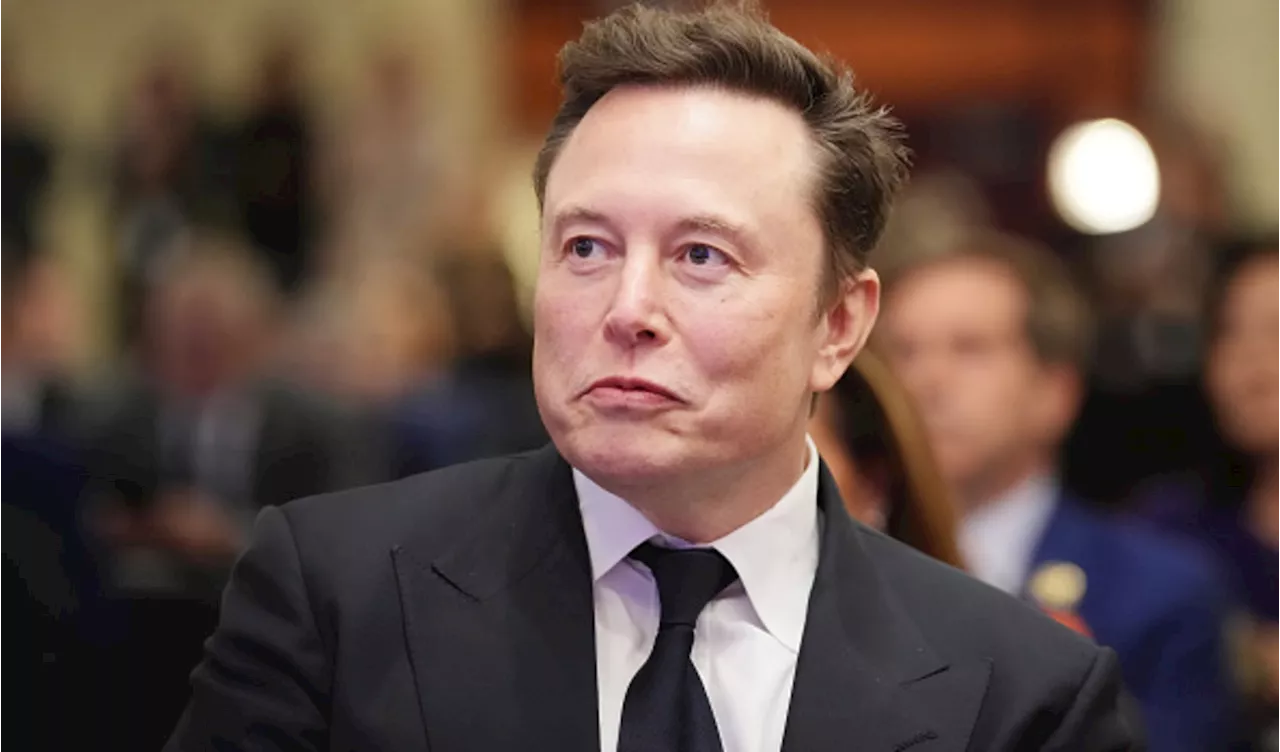 Musk's AfD Interview Sparks Outrage in EuropeElon Musk's planned livestream interview with Alice Weidel, leader of Germany's far-right AfD party, has ignited controversy among European politicians. Concerns center around potential election interference and the AfD gaining an unfair advantage. While the interview itself may not be illegal, critics argue it violates the spirit of fair electoral competition and could amount to an illegal party donation.
Musk's AfD Interview Sparks Outrage in EuropeElon Musk's planned livestream interview with Alice Weidel, leader of Germany's far-right AfD party, has ignited controversy among European politicians. Concerns center around potential election interference and the AfD gaining an unfair advantage. While the interview itself may not be illegal, critics argue it violates the spirit of fair electoral competition and could amount to an illegal party donation.
Read more »
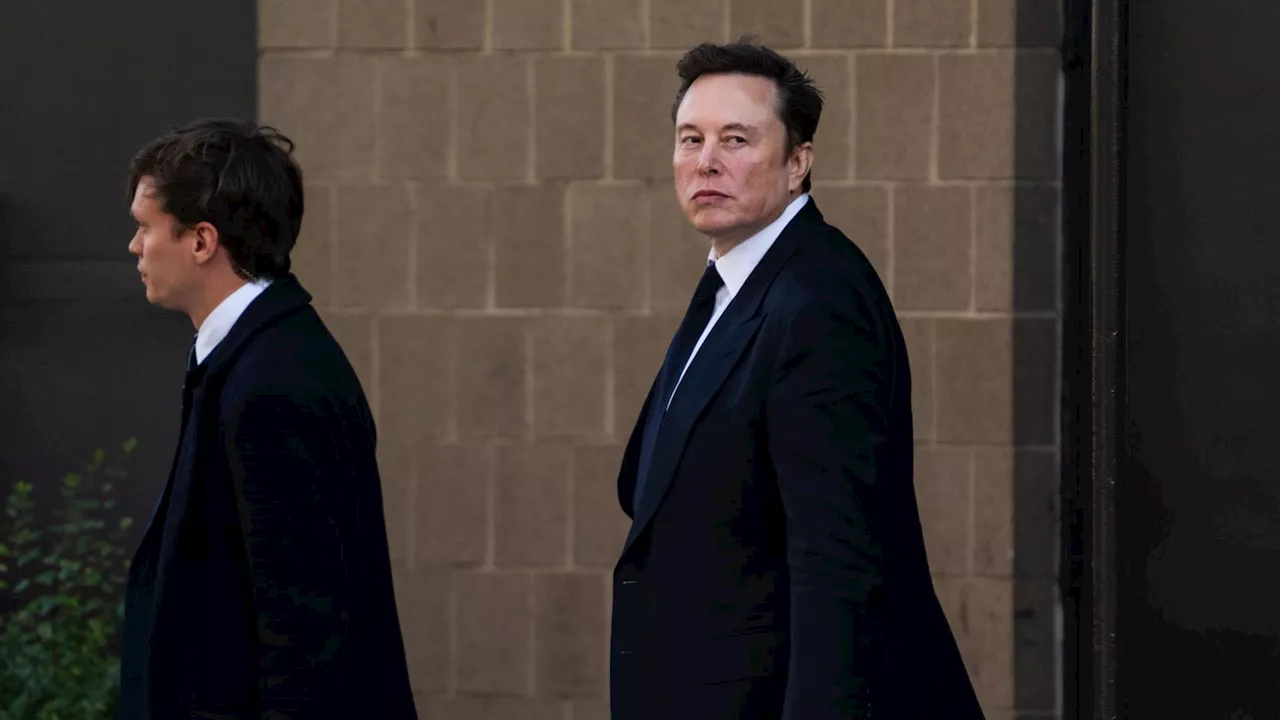 Musk's AfD Support Sparks Controversy, Editor ResignsElon Musk's endorsement of Germany's right-wing AfD party sparked controversy, leading to the resignation of the opinion editor at Welt am Sonntag. Musk argued that the AfD is not extremist, citing the party leader's same-sex partner.
Musk's AfD Support Sparks Controversy, Editor ResignsElon Musk's endorsement of Germany's right-wing AfD party sparked controversy, leading to the resignation of the opinion editor at Welt am Sonntag. Musk argued that the AfD is not extremist, citing the party leader's same-sex partner.
Read more »
 Elon Musk's AfD Support Sparks Backlash in GermanyElon Musk's public endorsement of the Alternative for Germany (AfD) has triggered outrage among German politicians from across the political spectrum.
Elon Musk's AfD Support Sparks Backlash in GermanyElon Musk's public endorsement of the Alternative for Germany (AfD) has triggered outrage among German politicians from across the political spectrum.
Read more »
 Musk's Op-Ed on Germany's AfD Sparks OutrageElon Musk's controversial op-ed in the German newspaper Bild, praising the AfD as Germany's only hope for recovery, has drawn heavy criticism from German politicians. Friedrich Merz called Musk's intervention 'overreaching and presumptuous', while Lars Klingbeil likened his actions to those of Russian President Vladimir Putin. The piece fueled concerns about foreign interference in Germany's upcoming elections.
Musk's Op-Ed on Germany's AfD Sparks OutrageElon Musk's controversial op-ed in the German newspaper Bild, praising the AfD as Germany's only hope for recovery, has drawn heavy criticism from German politicians. Friedrich Merz called Musk's intervention 'overreaching and presumptuous', while Lars Klingbeil likened his actions to those of Russian President Vladimir Putin. The piece fueled concerns about foreign interference in Germany's upcoming elections.
Read more »
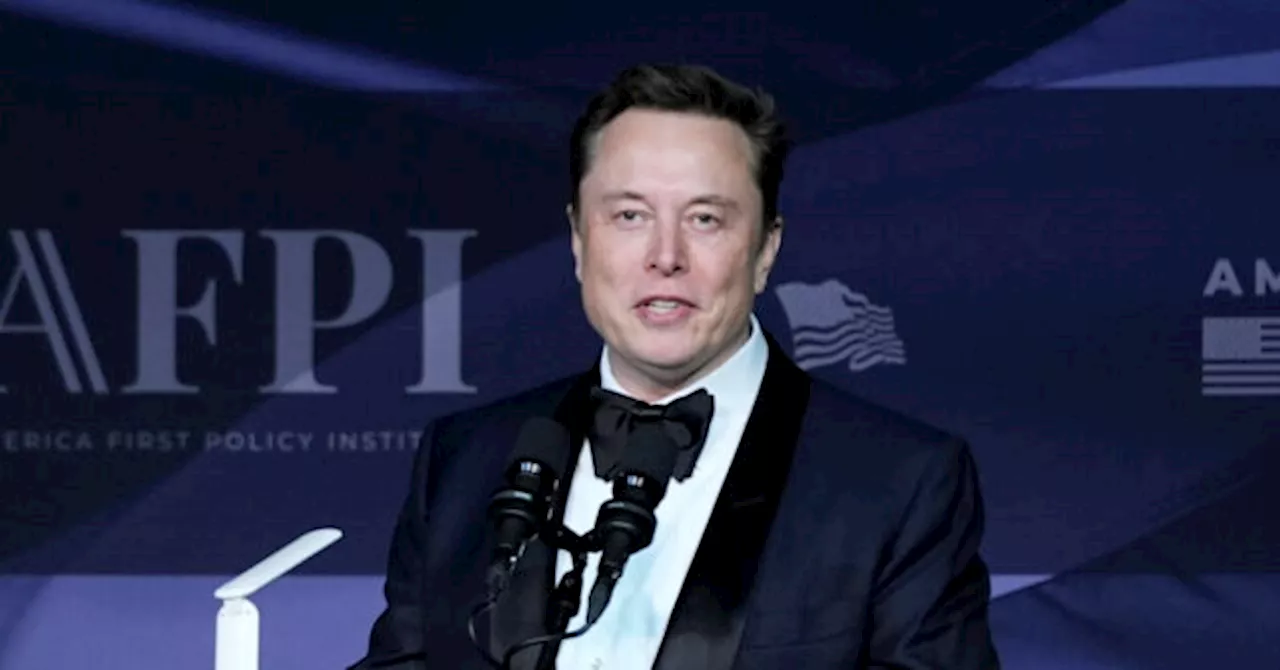 Elon Musk Sparks Controversy by Backing AfD in German Newspaper ColumnBillionaire Elon Musk's op-ed in Germany's Welt newspaper endorsing the right-wing populist AfD has sparked outrage and a resignation. Musk argues that Germany needs a political realism represented by the AfD, despite its controversial nature.
Elon Musk Sparks Controversy by Backing AfD in German Newspaper ColumnBillionaire Elon Musk's op-ed in Germany's Welt newspaper endorsing the right-wing populist AfD has sparked outrage and a resignation. Musk argues that Germany needs a political realism represented by the AfD, despite its controversial nature.
Read more »
